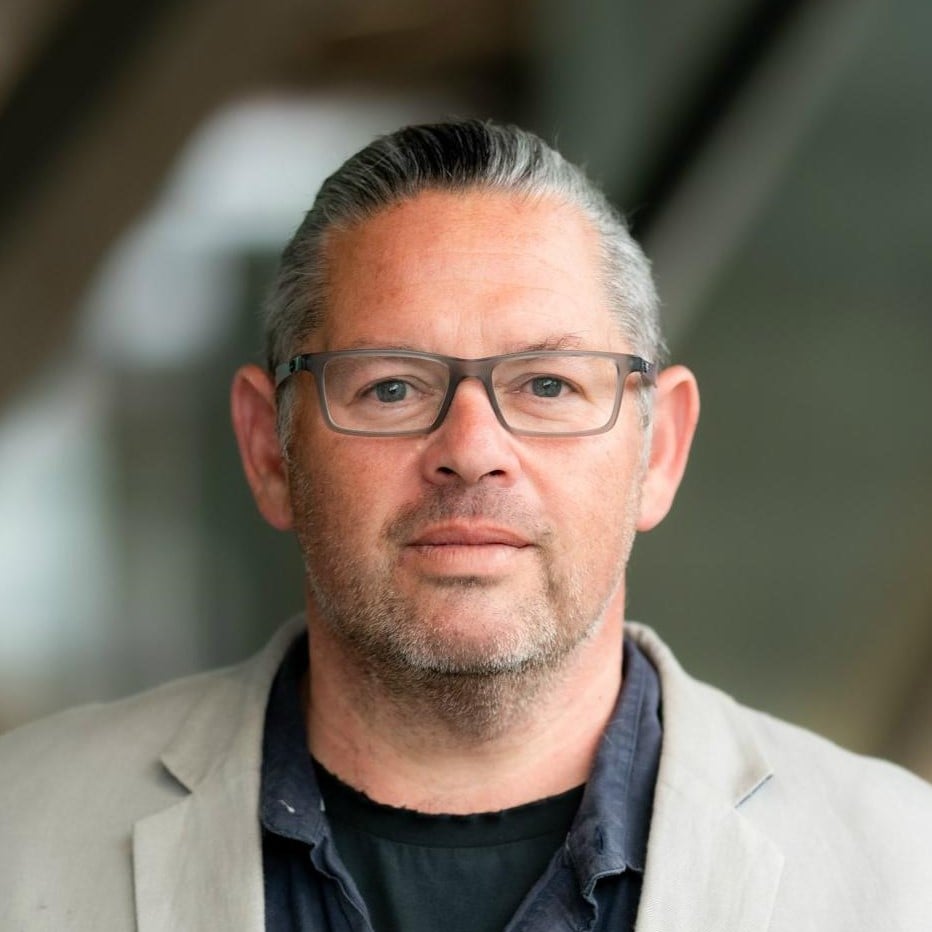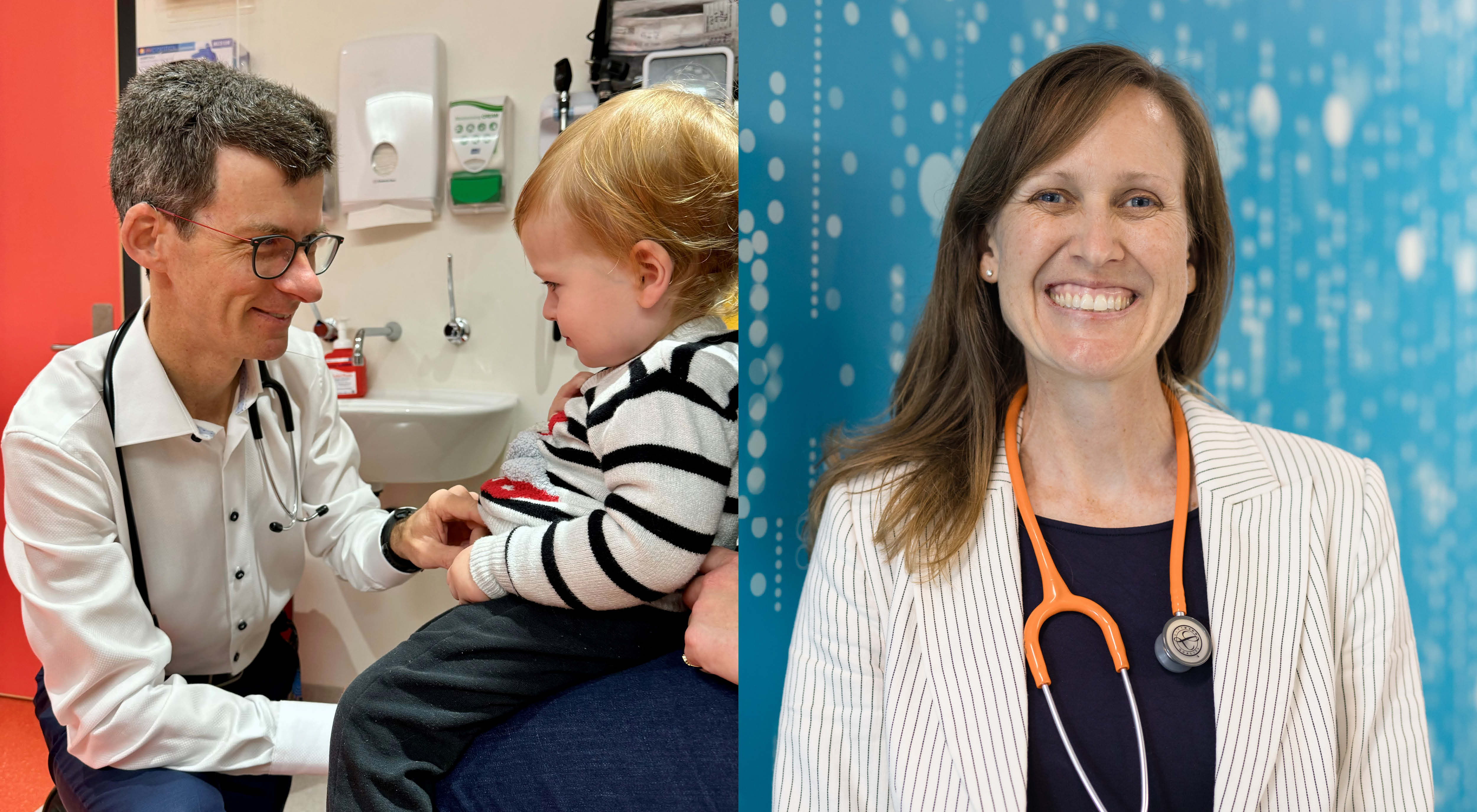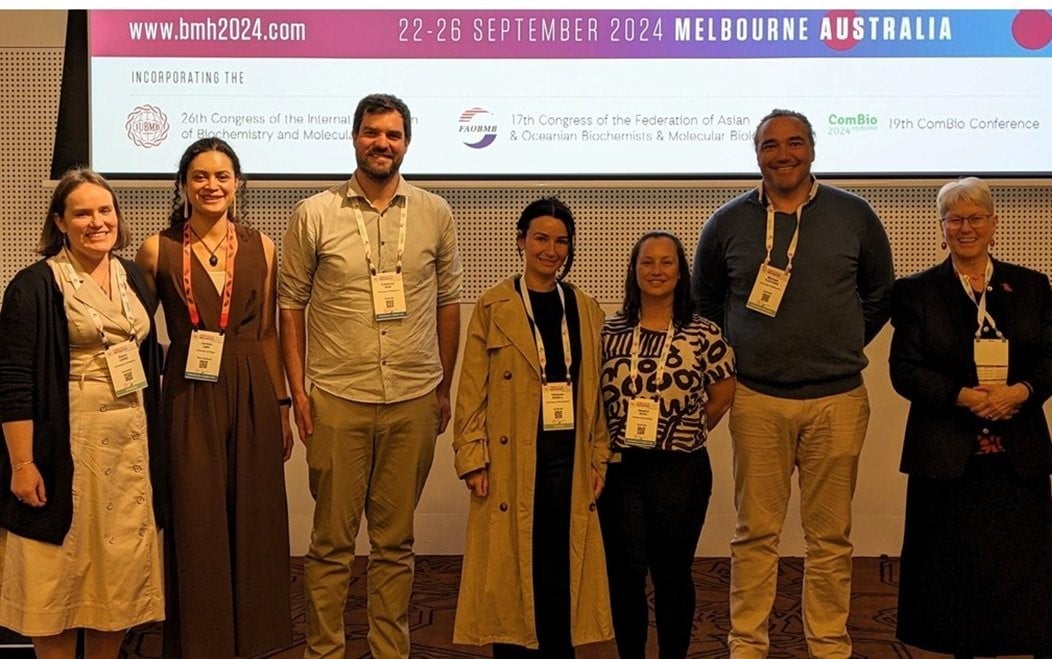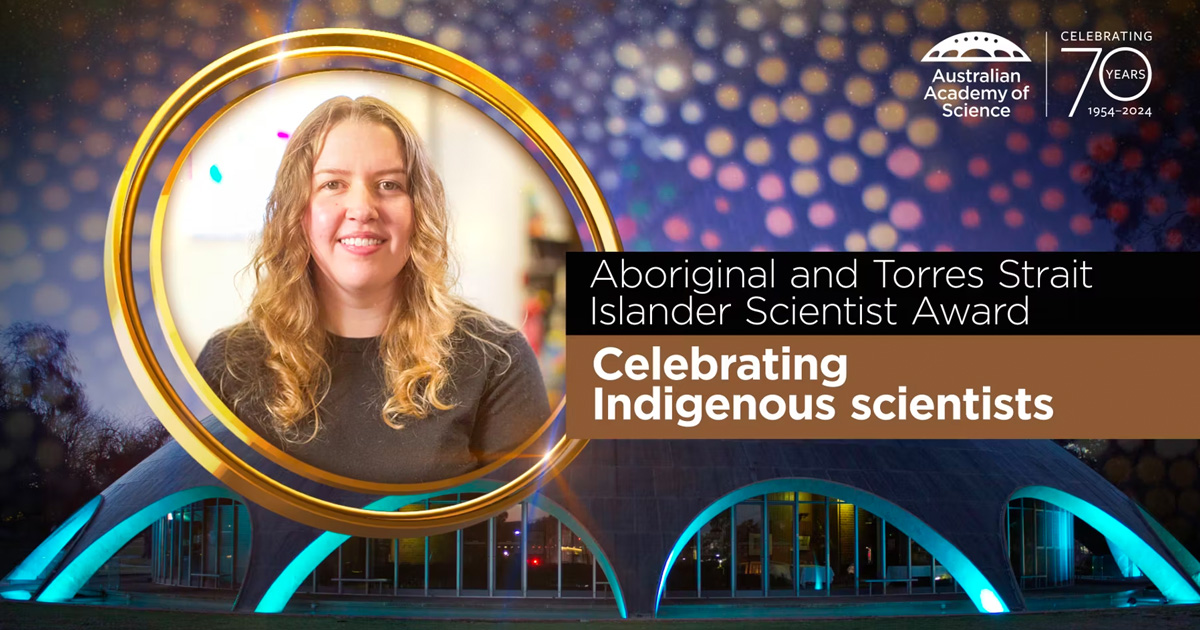Search
Indigenous people tend to exhibit a higher burden of disability than their non-Indigenous counterparts, and are often underserved by disability services. Engaging appropriately with Indigenous communities, families and individuals in the initial stages of disability assessment and planning is crucial in order to build trust and understanding of disability service models and ensure that Indigenous people receive support that is tailored to their needs and cultural realities. This article aims to identify key elements of culturally competent communication in Indigenous disability assessment and planning, and provide recommendations for strengthening capacity in this area.
The epidemiology of invasive meningococcal disease has changed over the last decade and there has been an increase in cases caused by serogroup W135, particularly in Indigenous children. Extra‐meningeal and atypical presentations are associated with serogroup W and may delay diagnosis and therefore appropriate treatment. Public and clinician awareness are essential in facilitating effective new vaccine schedule implementation.
Risk-based recommendations are common for pneumococcal vaccines but little is known about their uptake. In Australia, pneumococcal conjugate vaccine (PCV) was funded only for Aboriginal or Torres Strait Islander (Indigenous) children and those with underlying medical conditions in 2001, and then there were different booster dose recommendations depending on risk after the introduction of universal PCV vaccination in 2005.
Fetal Alcohol Spectrum Disorder (FASD) is a condition caused by prenatal exposure to alcohol and characterised by severe neurodevelopmental impairment which have lifelong implications. Impairments in executive function, memory, cognition, language and attention are common, and can lead to early and repeat engagement with the criminal justice system.

Professor of Indigenous Genomics

Postdoctoral Research Fellow, Indigenous Cardiovascular Research
As Head of Aboriginal Research Development at Telethon Kids, Glenn Pearson believes his work brings us closer to identifying the real and whole Australian story

Two Perth clinician-scientists have been recognised as national leaders in infectious disease research after being elected as Fellows of the esteemed Australian Academy of Health and Medical Sciences.

Dr Jessica Buck, a researcher at The Kids Research Institute Australia Cancer Centre and a Kamilaroi woman, is on a mission to address the unique challenges faced by Aboriginal and Torres Strait Islander children with cancer.

Congratulations to Indigenous genomics researcher Dr Justine Clark, who is one of two scientists nationally to receive the Australian Academy of Science’s 2024 Aboriginal and Torres Strait Islander Science Award.
